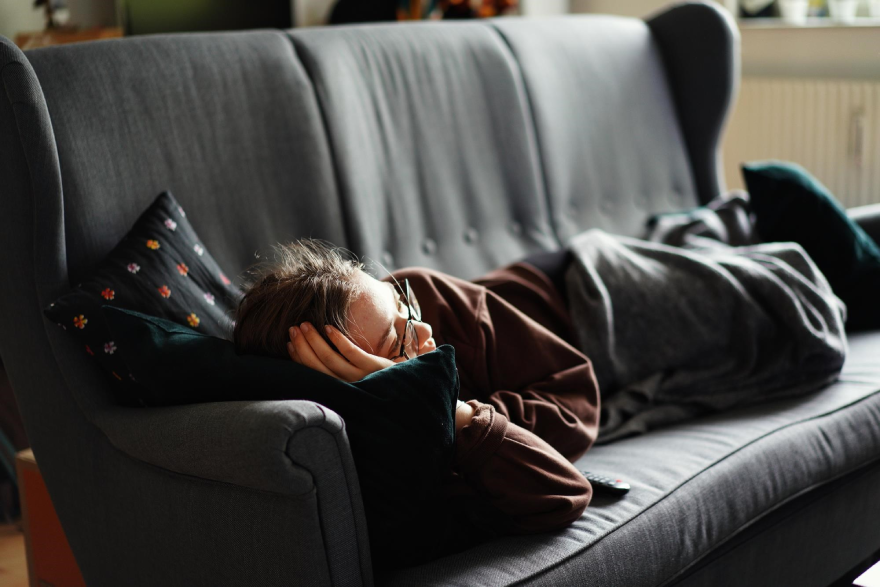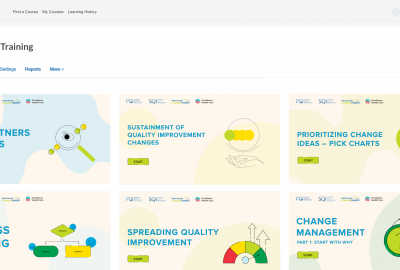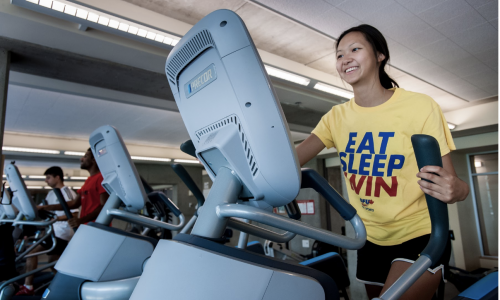
This blog post was originally published on the SFU Recreation Blog on Aug 3rd, 2021.
Napping isn't just for babies; adults need them too! Scientists have found that propensity for napping has been linked to genetics and is not just a behavioral choice but may be biologically driven as some people may need more sleep than others. Naps can also be used to catch up on quality sleep that may have been missed out due to disrupted sleep and early morning awakenings. Once we wake-up in the morning, our sleepiness slowly builds up until we go to sleep and our sleep cycle resets. Besides decreasing sleepiness, napping can:
-
Regulate Emotions: A study by the University of Michigan found that naps decreased impulsivity and increased patience.
-
Improve learning and memory consolidation: Several studies have shown that sleeping can improve memory recall and memorization.
As students we have very busy schedules and may sometimes need a quick nap every once in a while. Unfortunately, the art of napping is not always as simple as it seems! Here are some ways to optimize your napping schedule:
-
Set a regular nap time. Being consistent with your nap times, helps your body create a habit and will help your body get better at falling asleep and waking up at a certain time. 1pm to 3pm is the prime napping time for most people as it's in the afternoon, allowing for the day's fatigue to start settling in to allow for a restful nap. At the same time, it's not late enough in the day for your nap to disrupt your sleep schedule. It's a win-win!
-
Set alarms for the right duration. Your alarm signals the end of your nap and stops your nap from running overtime. If you're finding that the snooze button is the culprit behind your inability to wake up, try removing your alarm from your bedside table. Putting your alarm in a different spot in your room, such as on top of your wardrobe or on your desk, will require you to walk to turn it off. This will help to wake you up and give you motivation to get going!
-
Sleep at a consistent time every night. Naps are often used to counter the effects of inconsistent nightly sleeping schedules. Ensuring your sleeping quality and energy level stays consistent, will also help with ensuring consistency in your napping schedule.
-
15 - 20 min: Short power naps provide you with a sudden burst of energy without feeling the drowsiness when waking up. They wake you up before you get into the deeper cycles that may leave you feeling groggy if woken up at the wrong time
-
Fun fact: Mythbusters did an episode where they would work through a 30-hours shift with 20-mins naps every 6 hours, and it proved how short naps enhance the performance of humans when working long hours while sleep deprived.
-
Caffeine naps: Caffeine generally takes about 20 minutes to settle into your system. By timing your tea or coffee intake with your naps, you'll wake up just as the caffeine starts to kick in which will give you an added energy boost!
-
1.5 hours: Naps with a duration of 90 minutes complete a full sleep cycle. This benefits your procedural and emotional memories, and you may utilize this nap time to help better memorize and study for exams. However, these need to be timed perfectly to ensure that you don't oversleep or wake up experiencing sleep inertia.
-
Find a dark place. Our bodies naturally have better sleep quality in dark areas as our bodies equate light with wakefulness. You can invest in blackout curtains or find a quiet room without windows. If you're on the Burnaby campus, there are luckily a few options for you:
-
Women's Centre: In the self-identified women's space, there are cots set up in the back where you can borrow clean sheets to lie down on.
-
Student Union Building: The new SUB will be providing a nap room for students of all genders to access. There will also be lockers to allow students to secure their belongings while they are using the space
-
Tune out distractions. If you cannot find a quiet place, you can listen to music or white noise. It is important to find something calming, and is best if it is 60 bpm or less.
-
Plan your activities around your naps. By organizing your schedule so that you do the most exhausting things before your nap, you're tiring yourself out in preparation for some quality sleep!
-
Put away your devices. Blue light can affect your ability to sleep, since it suppresses the release of hormones that make you feel sleepy. Devices like phones and computers all emit blue light, so giving yourself a break from your devices just before bed can help you fall asleep. If you really want to catch one last episode of your favourite show on Netflix, give that blue-light filter/night mode button a go or invest in blue light filter glasses.
Although, napping may seem like a popular trend these days. Napping may not be for everyone and may leave you feeling groggy or sleepy after. It takes practice to find the best amount of time needed to leave you feeling refreshed and ready to work after. When done right, napping can bring many benefits to your daily life. In order to integrate naps seamlessly into your routine, you will need to find the right nap schedule/routine that fits your needs. Remember practice makes perfect. Happy resting!















